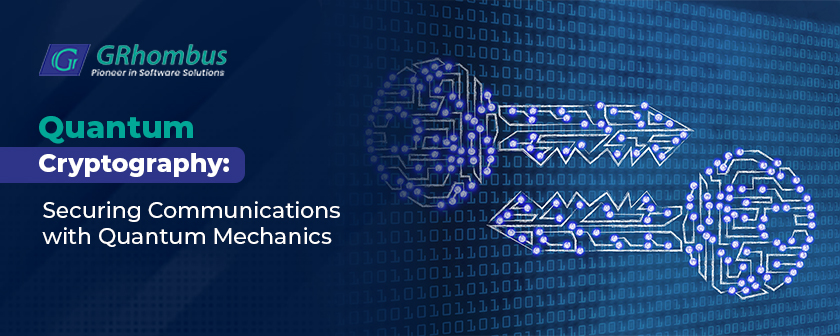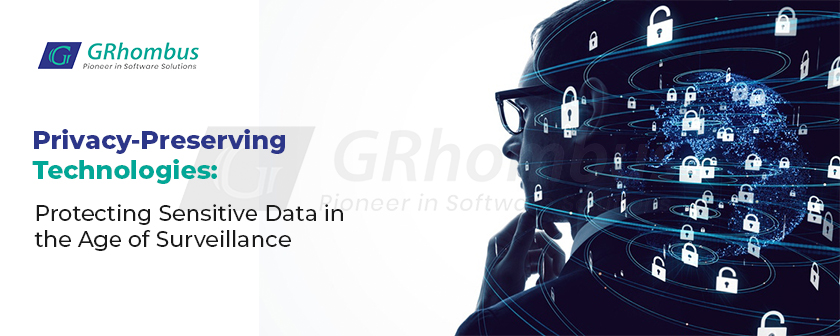Quantum Cryptography represents a groundbreaking shift in securing communications, leveraging the principles of quantum mechanics to create theoretically unbreakable encryption. This blog post explores the fundamentals of quantum cryptography, its implications for the future of secure communication, and how it compares to classical encryption methods.
Understanding Quantum Cryptography
Quantum cryptography is a technique that uses the properties of quantum mechanics to secure data transmission. The most well-known application of quantum cryptography is Quantum Key Distribution (QKD), which enables two parties to produce a shared random secret key known only to them, which can then be used to encrypt and decrypt messages. What makes quantum cryptography unique is its reliance on the principles of quantum mechanics, such as the Heisenberg Uncertainty Principle and quantum entanglement, to secure data in a way that is fundamentally different from traditional cryptography.
The Principles of Quantum Mechanics in Cryptography
Heisenberg Uncertainty Principle: This principle states that it is impossible to measure both the position and the velocity of a quantum object without disturbing it. In the context of quantum cryptography, this means that any attempt to eavesdrop on a quantum communication channel will inevitably alter the state of the quantum particles being observed, alerting the legitimate parties to the presence of an interloper.
Quantum Entanglement: Entangled particles remain connected so that the state of one (whether spin, position, or velocity) instantly influences the state of the other, no matter the distance between them. This property is used in QKD to ensure that any eavesdropping attempts are instantly detectable.
Benefits of Quantum Cryptography
- Theoretically Unbreakable: Quantum cryptography is considered secure against any computational attack, no matter how powerful the attacker’s computer is, because its security is based on the laws of physics rather than computational complexity.
- Eavesdropping Detection: The nature of quantum mechanics allows the detection of any eavesdropping on the communication channel, as measuring quantum data inevitably alters its state.
- Forward Secrecy: Quantum key distribution ensures that each communication session uses a unique encryption key, providing forward secrecy and ensuring past communications remain secure even if a future key is compromised.
Quantum Cryptography vs. Classical Cryptography
Classical cryptography, including symmetric and asymmetric encryption, relies on mathematical problems that are difficult for a classical computer to solve within a reasonable timeframe. However, advancements in computing power, particularly the development of quantum computers, could potentially break many classical encryption methods. Quantum cryptography, on the other hand, does not depend on computational complexity but on the fundamental properties of quantum mechanics, making it secure against attacks from quantum computers.
Challenges and Future of Quantum Cryptography
While quantum cryptography holds tremendous potential for securing communications, several challenges need to be addressed before it can be widely adopted:
- High Costs and Technical Complexity: Implementing quantum cryptography systems is currently expensive and technically demanding, limiting its use to high-security applications.
- Distance Limitations: The distance over which quantum key distribution can be effectively maintained is currently limited, although advances in quantum repeaters and satellite-based QKD are promising solutions to this challenge.
- Integration with Existing Infrastructure: Integrating quantum cryptography into existing communication systems and standards requires significant effort and innovation.
Conclusion
Quantum cryptography offers a revolutionary approach to secure communications, harnessing the peculiarities of quantum mechanics to provide unparalleled security features. As technology advances and the cost of implementation decreases, quantum cryptography could become the standard for secure communications, offering protection against even the most sophisticated cyber threats. The ongoing development of quantum technologies and global efforts to overcome the current challenges will undoubtedly shape the future of secure communication in the quantum age.



